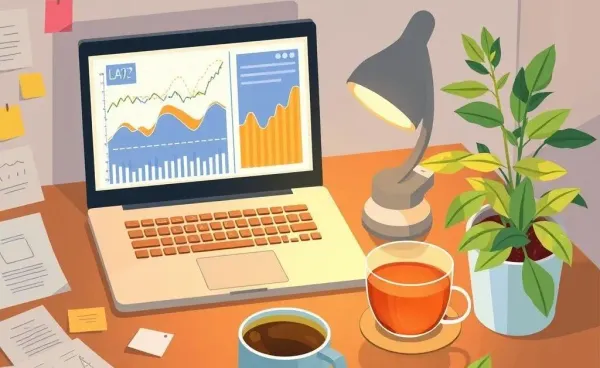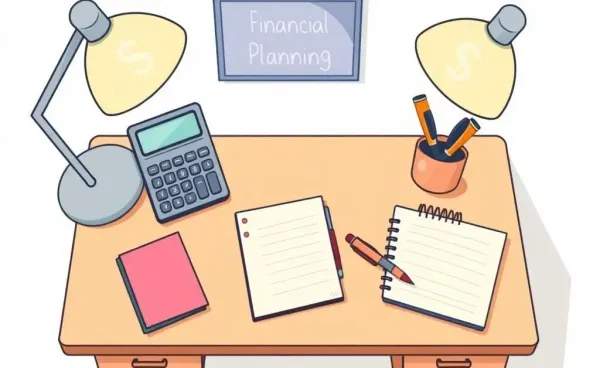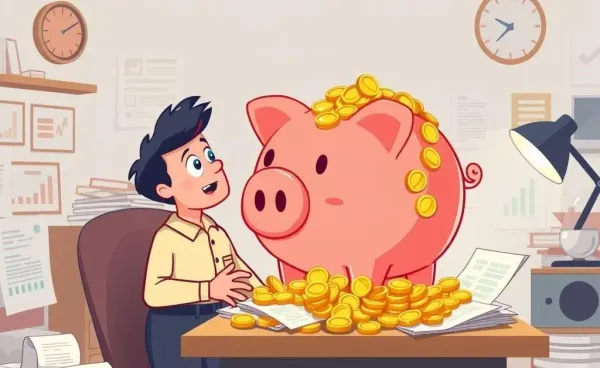When is Enough Enough? Understanding the Balance of Future Contributions
Explore at what point future savings contributions start to impact less on financial growth.
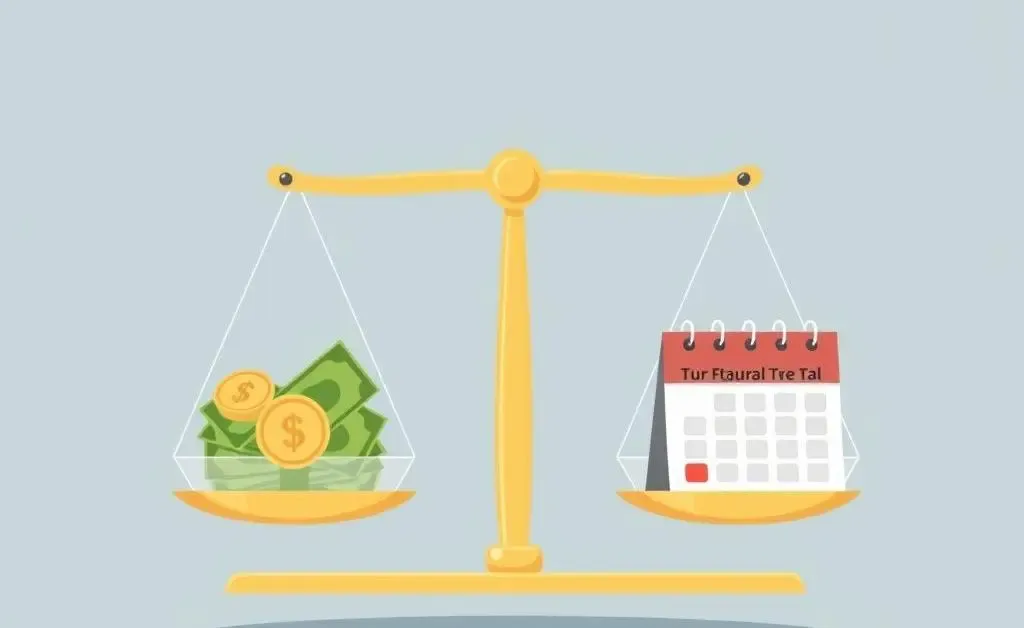
Have you ever wondered at what point your extra savings start to contribute less significantly to your overall financial growth? It's like the mysterious moment when your favorite book hooked you, and you couldn’t put it down. There’s a point where the financial story writes itself, and extra chapters (or contributions) add little spark. Let’s dive into this subtle shift and see where that balance lies.
Understanding the Turning Point
Picture this: you've been diligently putting money into your savings and investments. Over time, your assets have grown enough to start rolling their own snowball down the hill. Now, the key question is what happens when your future contributions become less central to the story.
The Rule of Compounding
Albert Einstein is rumored to have said that compound interest is the eighth wonder of the world, and the reason is clear: compounding means your money earns money, which then earns more money. The more you have, the more it grows. But what happens when new contributions no longer push the needle?
- Early Growth: At the start, every contribution matters, accelerating growth.
- Comfort Zone: Over time, the returns from investments can surpass the impact of additional contributions.
- Cruise Control: Eventually, the compound effect takes over, and future contributions carry less relative weight.
Consider this relatable analogy: it’s like a tree planted in your backyard. Initially, every drop of water you give it matters. As it grows, less watering is required because roots have reached moisture-rich depths. Your financial journey follows a similar path!
Finding Your Financial Comfort Zone
So how do you know when you’ve reached this point? Reflect on your lifestyle, goals, and what financial independence means for you. Knowing where you want to go helps in assessing when future contributions are just cherries on top.
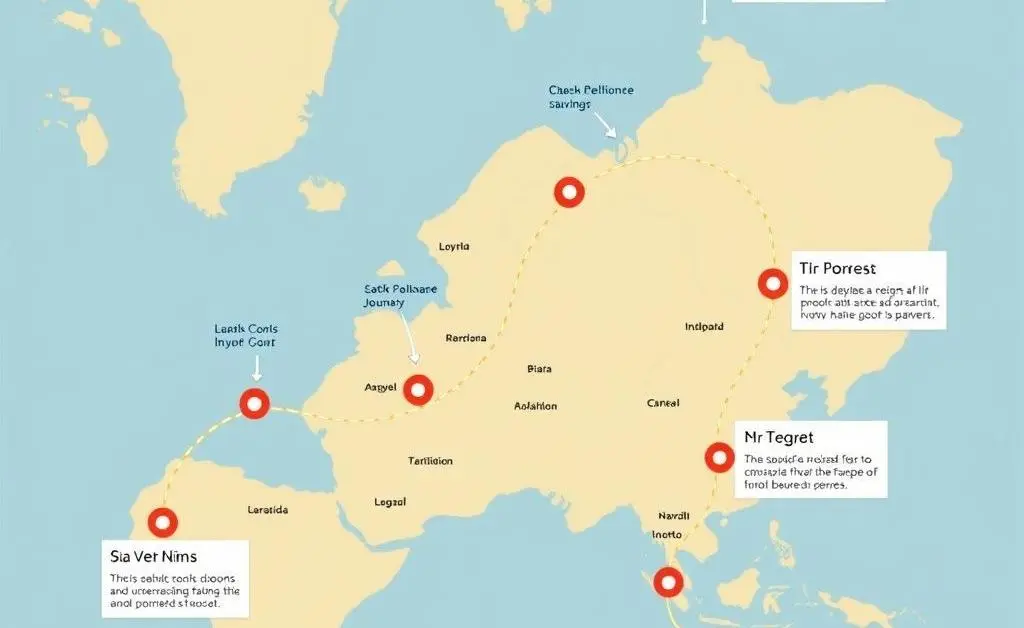
For some, this realization might come after doing the math: when the projected returns on their current investments equate to, or outpace, what new contributions can achieve. For others, it’s the emotional recognition of having enough. Financial independence shouldn't just be about numbers but a reassurance of your life's path.
Tools to Navigate the Journey
Several tools can help you understand and harness this dynamic:
Conclusion: Ready to Balance?
Your financial journey is unique and deeply personal. How you choose to balance now versus future contributions can shift based on your life plans and comfort levels. Perhaps it’s a good time to sit with a cup of coffee, surrounded by the tranquility of plants and papers, and reflect on what financial independence means for you.

So, what stage of the financial path are you on, and have you discovered when enough is truly enough?

